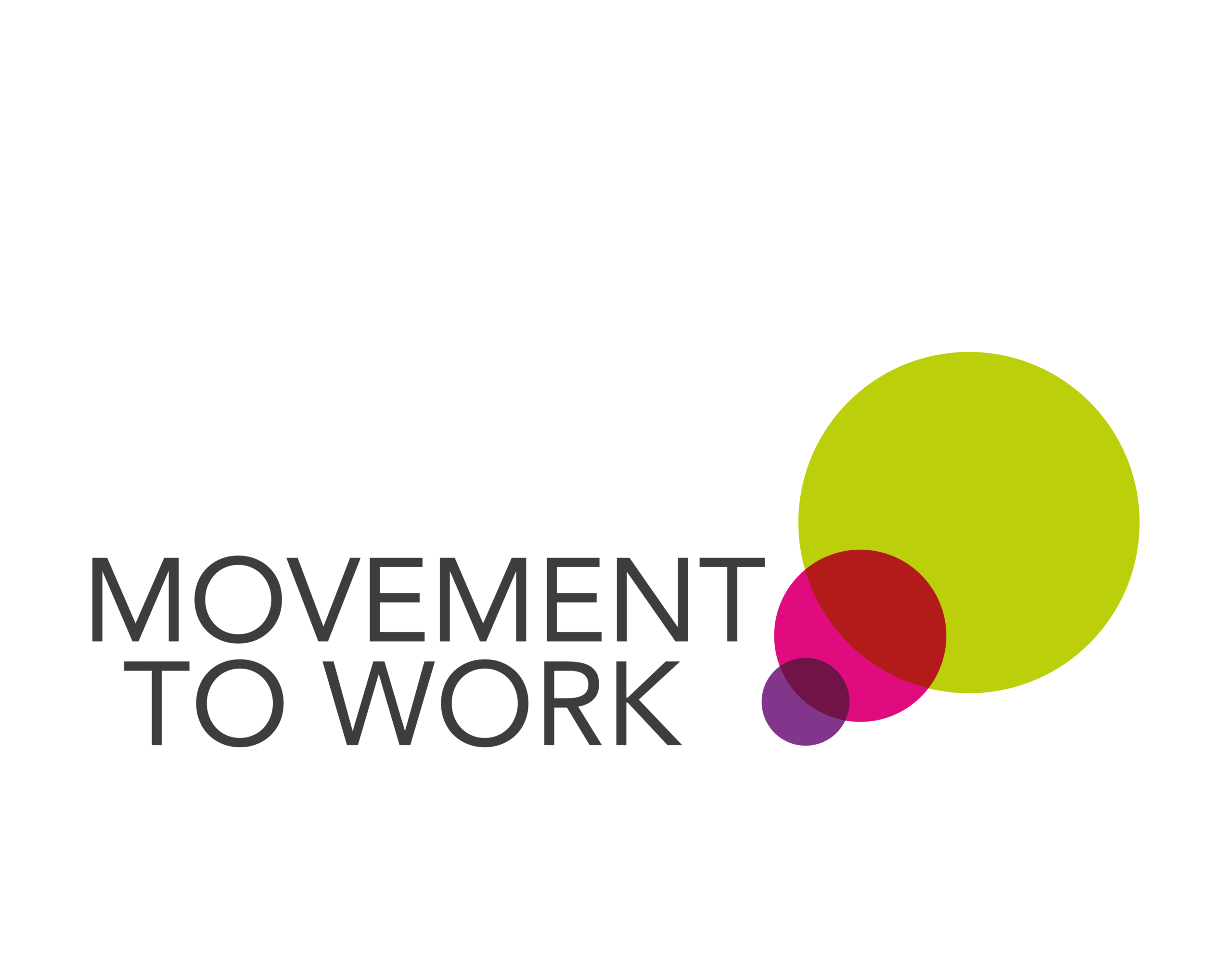The transition from education into employment is critical, but often difficult for young people and businesses alike to navigate.
Young people are more qualified and ambitious than ever before. Meanwhile, unfilled vacancies are at a high and employers struggle to recruit and retain the employees they need.
Milly Dawson, Project Manager at Movement to Work, and Emma Reay, Head of Employer Programmes at Skills Builder Partnership, led a workshop to delve into the key challenges facing young people and employers today – and discuss what employers can do to address them.
The transition from education into employment is critical, but often difficult for young people and businesses alike to navigate.
Young people are more qualified and ambitious than ever before. Meanwhile, unfilled vacancies are at a high and employers struggle to recruit and retain the employees they need.
Milly Dawson, Project Manager at Movement to Work, and Emma Reay, Head of Employer Programmes at Skills Builder Partnership, led a workshop to delve into the key challenges facing young people and employers today – and discuss what employers can do to address them. Click here to watch the full recording.
The challenge
In theory, better-qualified young people should result in fewer hard-to-fill vacancies.
Instead, youth unemployment remains persistently high and businesses are struggling to recruit talent with the motivation, skills and qualifications that are required.
The reality is that there is a big gap in expectations between those entering the labour market and those recruiting from it. Although highly qualified, young people have left education in recent years without the traditional opportunities to get hands-on experience and insights.
To them, finding work can feel daunting: according to Youth Employability UK’s Youth Voice Census only 36% of young people in education have access to work experience. As a result, 51% of young jobseekers cite their lack of confidence as the greatest barrier to gaining employment. Only 44% said they could write a CV, and only 47% felt able to prepare for interviews.
The cost of living crisis has compounded these stressors. Young people face both logistical and financial barriers when submitting applications or commuting to interviews and office spaces.
Less than a third of young people feel that employers want to hire them. They mention that the language used in job descriptions can often seem nebulous, jargony, and intimidating – and that many hiring teams don’t provide application feedback or respond to emails.
Finally, only 14% of young people believe they can access high-quality work where they live. Though many opportunities do exist, young people are underexposed to them and don’t know where to look.
Businesses must actively work to shift this paradigm for young people, tap into their potential, and build the foundations to sustain smoother transitions in the future. However, Movement to Work and Skills Builder Partnership frequently hear that businesses are unsure how to engage and communicate meaningfully with young people, despite expansion and investment into their corporate social responsibility and outreach provision.
The good news
Young people are at the heart of everything that Movement to Work does. Together with employers, it develops work experience and vocational training programmes for 16-30 year olds who aren’t in education, employment or training and who face barriers to work. Its youth ambassador network of beneficiaries and Youth Summit give young people a voice, enabling them to share their experience and insights.
Movement to Work is joined by a national network of organisations that share best practice to drive innovation. They gather feedback to learn what makes a programme impactful, and what additional support participants may need.
Skills Builder Partnership is one such partner organisation. Its Universal Framework for essential skills bridges the communication gap between young people and employers by defining a common language for eight essential skills, including teamwork, listening and problem-solving. As 75% of UK secondary and college aged students have a touchpoint with the Partnership, it provides a familiar approach towards developing the essential skills for success in the world of work and opens up a common ground between education and employment that businesses can build on.
By offering young people the chance to build essential skills in outreach programmes and initiatives, businesses are enabling them to experience the workplace in a way that they can relate to and feel prepared for, whilst helping them to develop the essential skills they need to succeed. By providing these opportunities explicitly, businesses can strengthen the workforce of today as well as build a talented workforce of tomorrow.
Interested to learn more?
You can find out more about the work that Movement to Work does at our website.
If you want to learn about the employers who are already members of the Skills Builder Partnership and how it supports them to transform the impact of their outreach, head to their website.
Make sure to also catch up on the full session below here.

